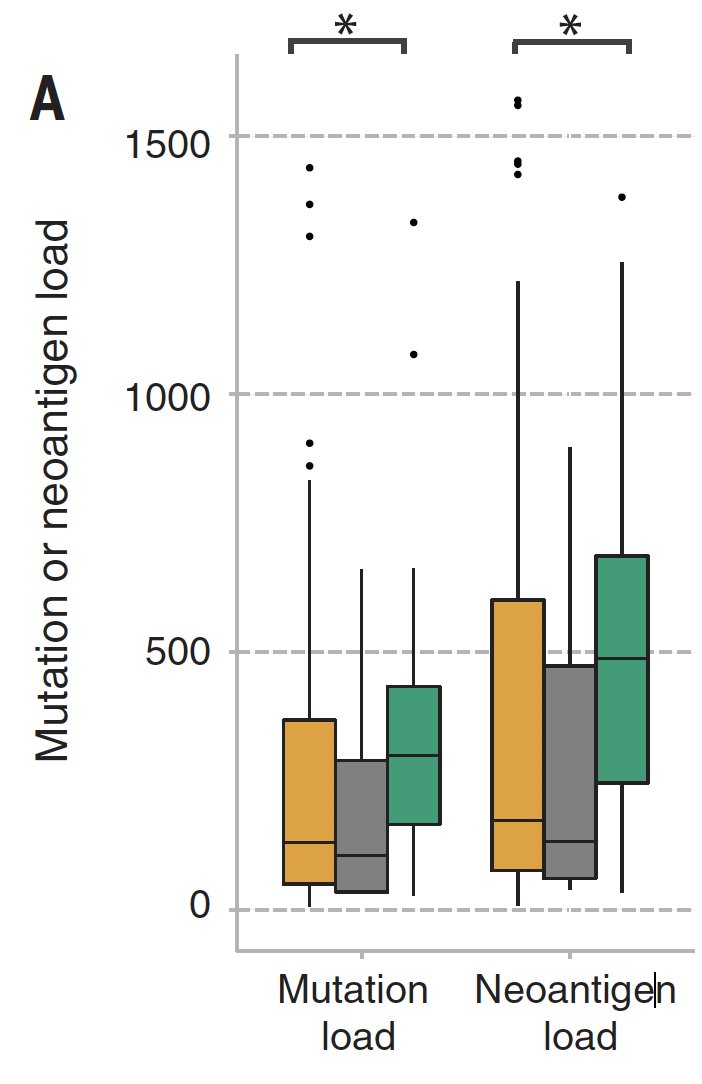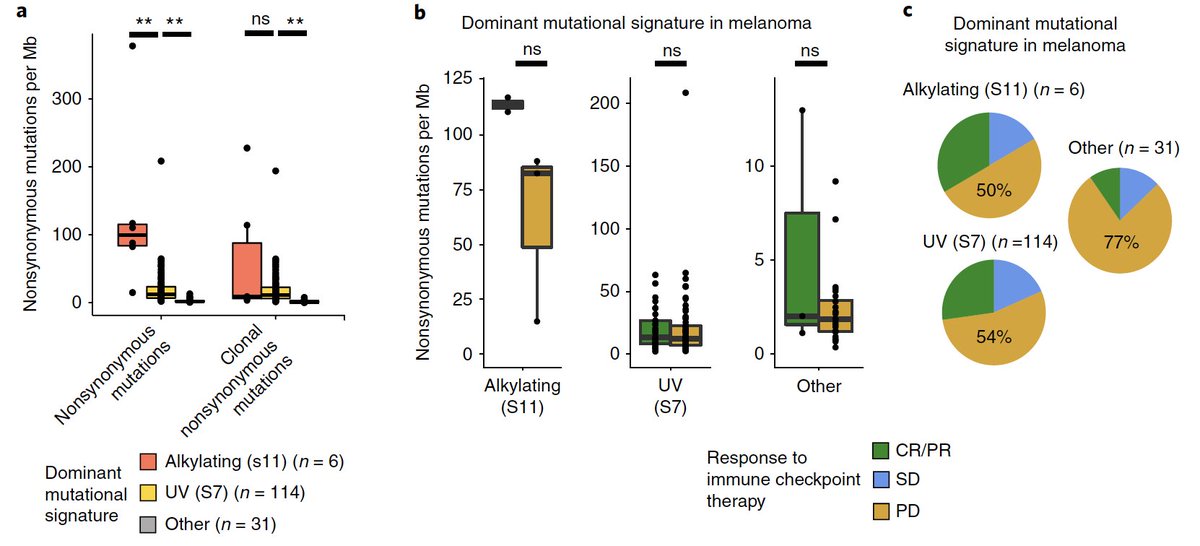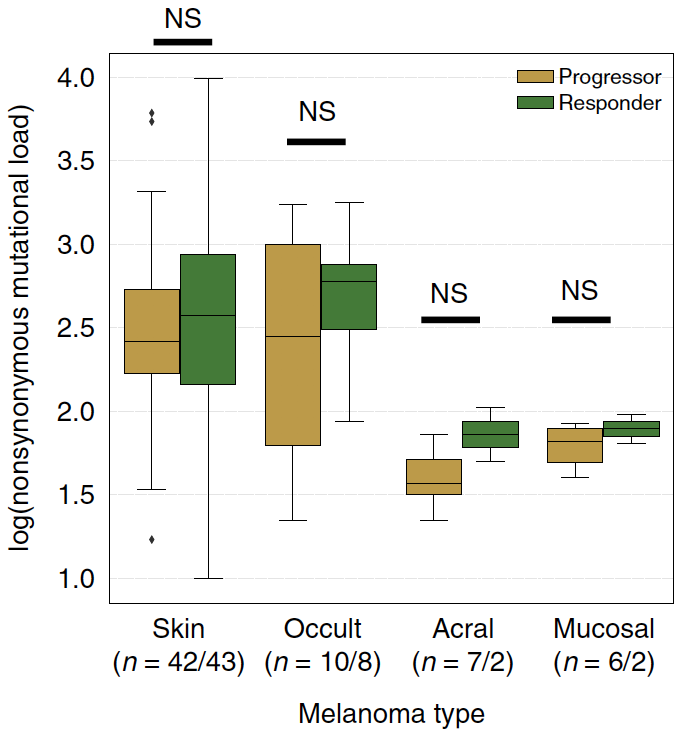Thinking about oncology clinic yesterday and the wide-ranging conversations I had with my patients/families - no, not about life and death, but instead:
1) Inner city violence and youth programs in Boston
2) The Sedale Threatt ‘90s Lakers
3) Flying Spirit Airlines and the horror therein
4) Pics of all the grandkids
2) The Sedale Threatt ‘90s Lakers
3) Flying Spirit Airlines and the horror therein
4) Pics of all the grandkids
The regular real life stuff that makes the subtext of a rising PSA after chemotherapy or a new cancer diagnosis really matter, fostered over time, trials, and tears as a patient-doctor partnership
That part, it’s really a privilege
That part, it’s really a privilege
• • •
Missing some Tweet in this thread? You can try to
force a refresh









